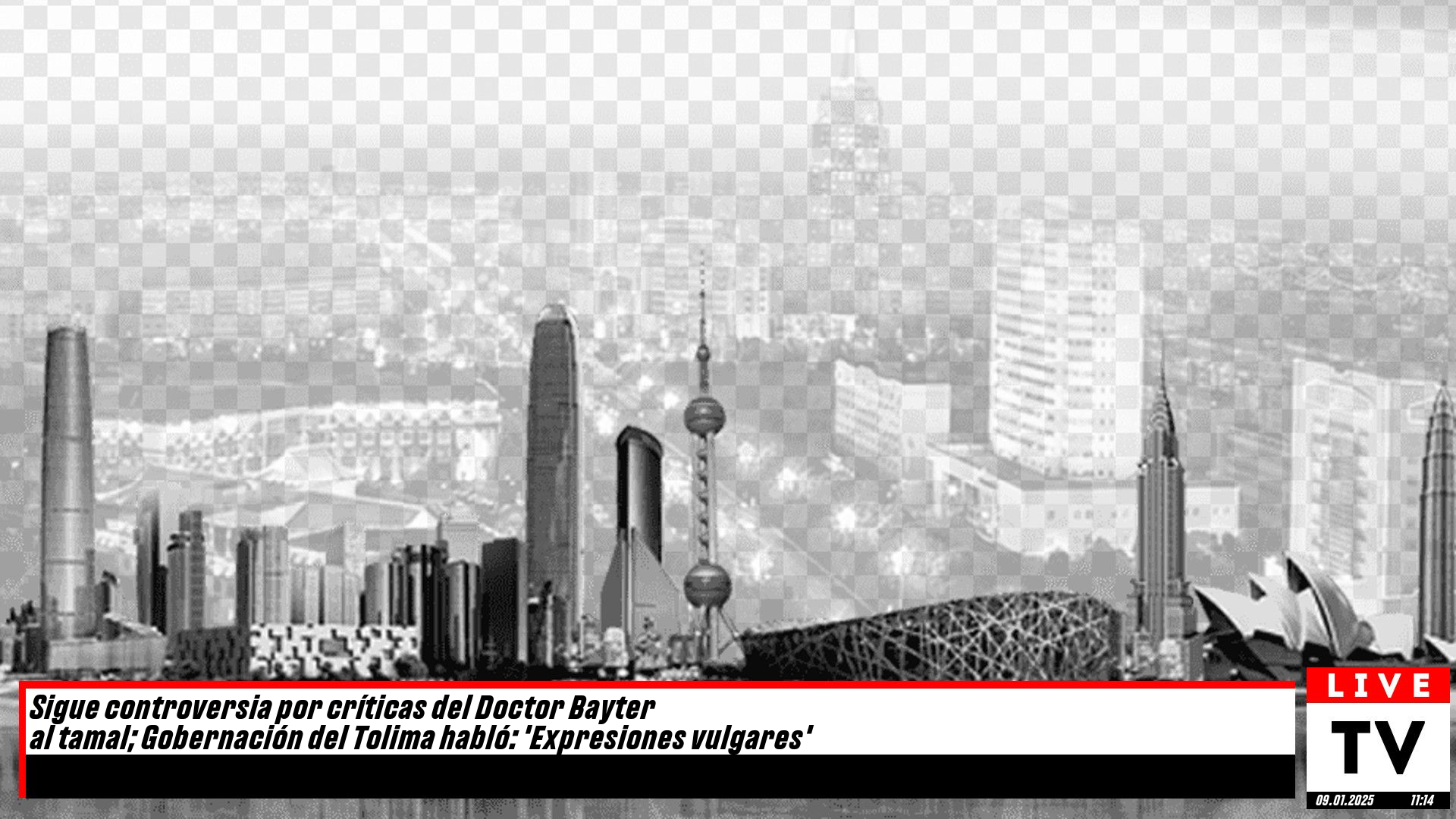Trump's Aggressive Rhetoric Signals Turbulent Times Ahead for US Allies | U.S. | EL PAÍS English
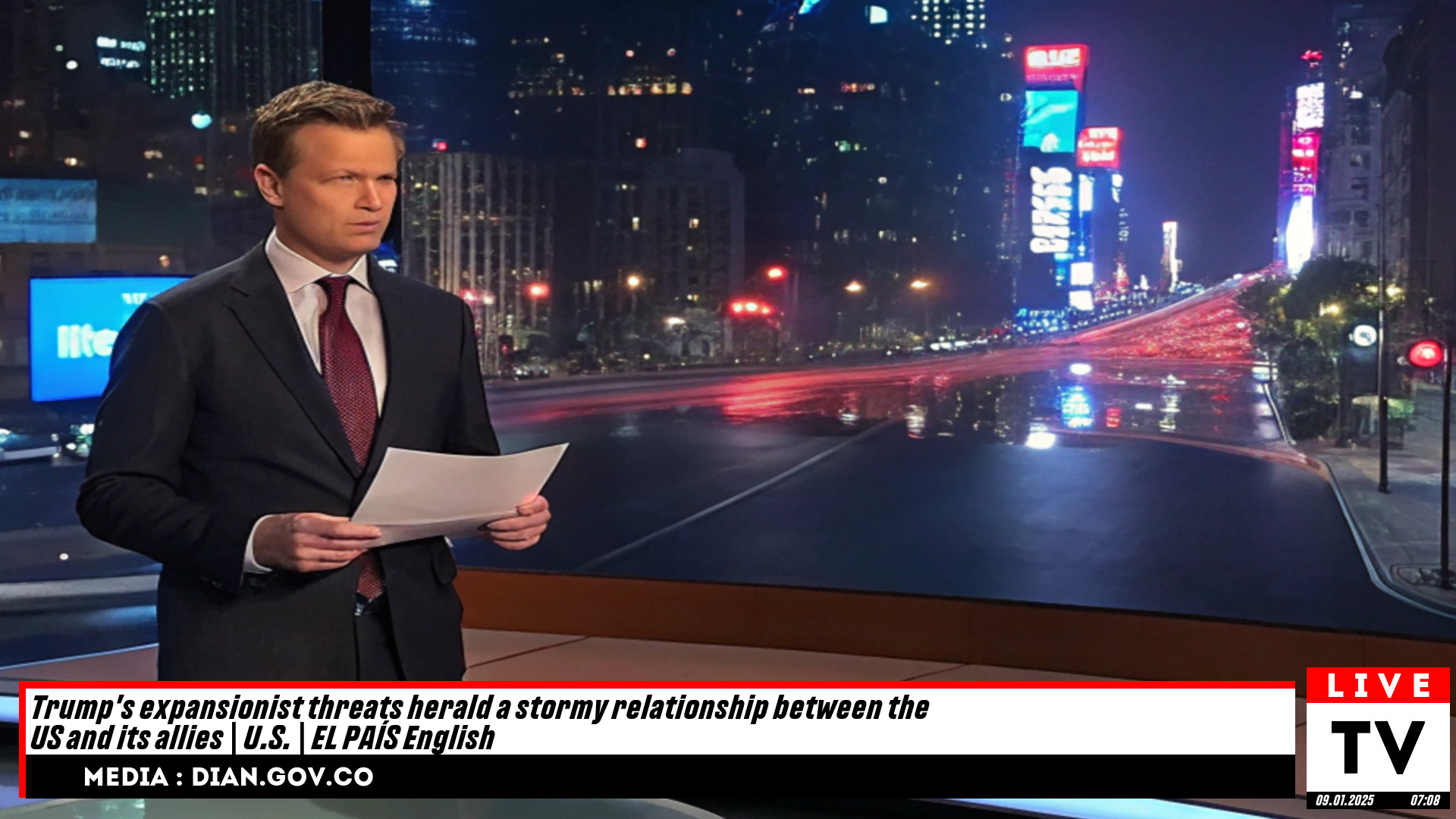
Ya no se trata únicamente de explosiones de ira. Donald Trump ha dado un paso más y ha pasado a las amenazas: el uso de presión militar contra Groenlandia, un territorio que pertenece a un socio europeo y de la OTAN, Dinamarca. Un boicot económico contra Canadá. Un Golfo de México transformado, por decreto, en el “Golfo de América.” Obstáculos económicos y militares impuestos a Panamá para forzarla a devolver el canal que Washington cedió bajo los acuerdos alcanzados durante la presidencia de Jimmy Carter (1977-1981).
These are some of the perspectives that Trump has raised before the start of his presidential term on January 20. The president-elect offered a preview in a chaotic address on Tuesday at his Mar-a-Lago mansion in Florida that was part rambling soliloquy and part news conference, and which has increased the anxiety of European allies about the direction of U.S. policy in the next four years and the style of its diplomacy. There are also concerns about the future of Euro-Atlantic relations ― which reached a high point with the Joe Biden administration on issues such as Russia’s war against Ukraine ― and whether these relations could deteriorate, rewriting the global geopolitical scenario at at an especially delicate moment.
In his speech, Trump outlined a foreign policy of expansionism in the Americas and confrontation with Europe. He threatened Canada, which he believes should be an American state, with tariffs and economic pressure, and attacked Mexico, “controlled by the cartels.” He promised that “all hell will break out” if the hostages in Gaza are not released by the time he takes office. And, above all, he refused to rule out using economic or military coercion for what he declared to be two objectives necessary for national security: control of the Panama Canal, where he believes China is making inroads, and the annexation of Greenland, an island four times the size of Spain, rich in rare minerals and in a privileged position in the Arctic to rival Russia and China.
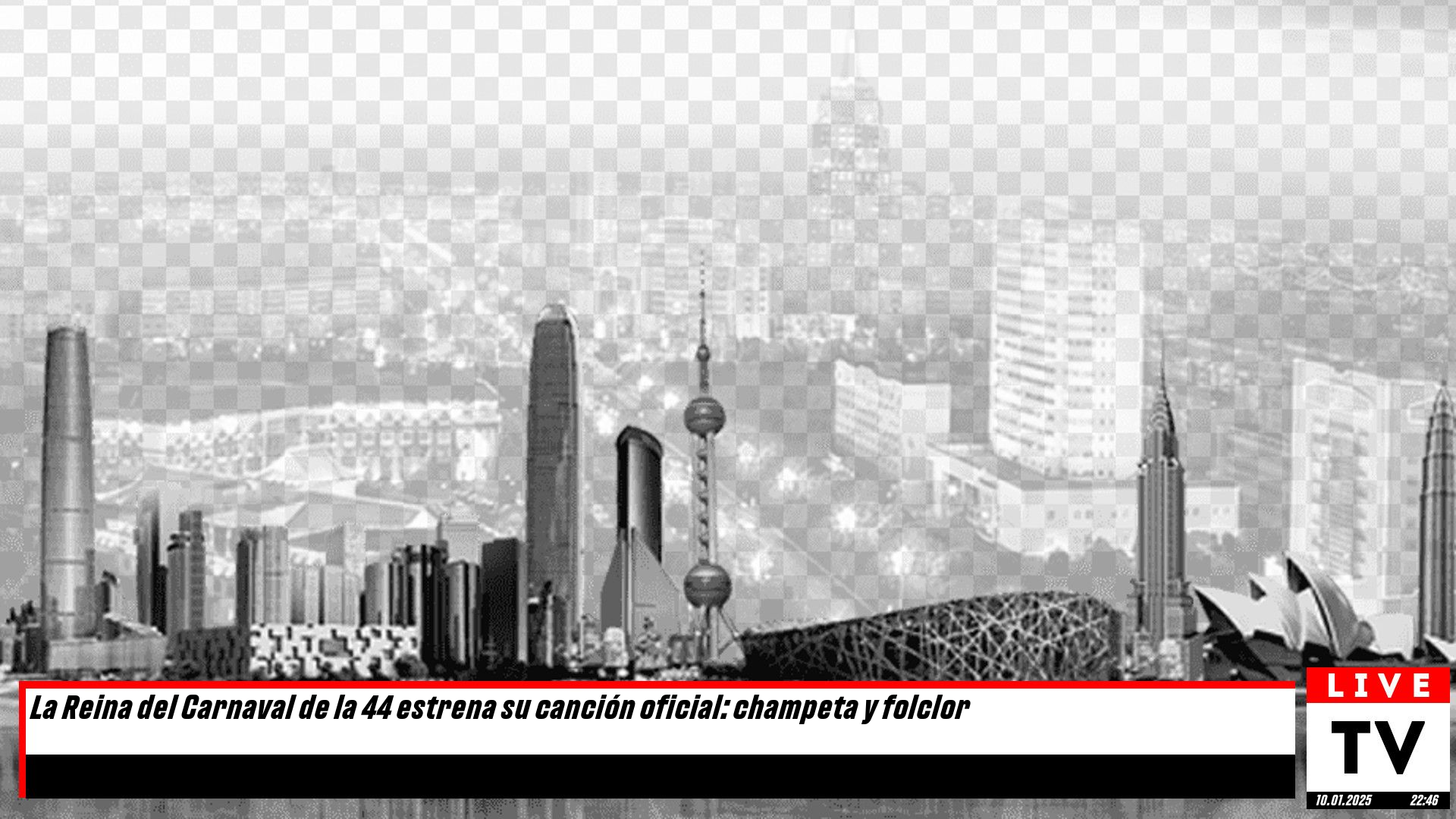
¡La Reina del Carnaval de la 44 lanza oficialmente su emocionante canción: una fusión vibrante de champeta y folclor!

"La inflación en Colombia desciende al 5,20% en 2024, aunque persisten pequeñas presiones en el costo de vida" | EL PAÍS América Colombia
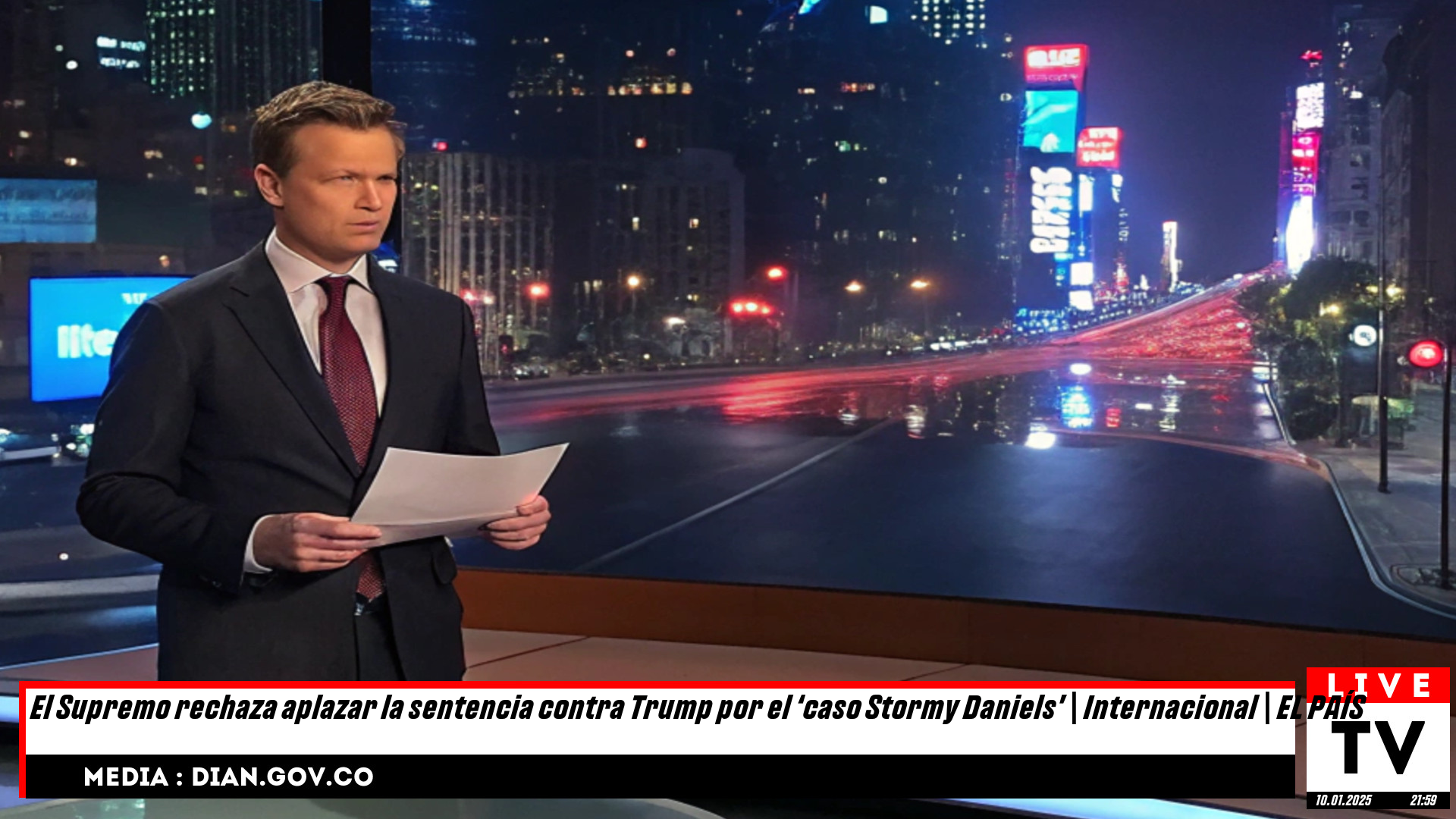
El Supremo niega la facilidad de aplazamiento en la sentencia del 'caso Stormy Daniels' contra Trump
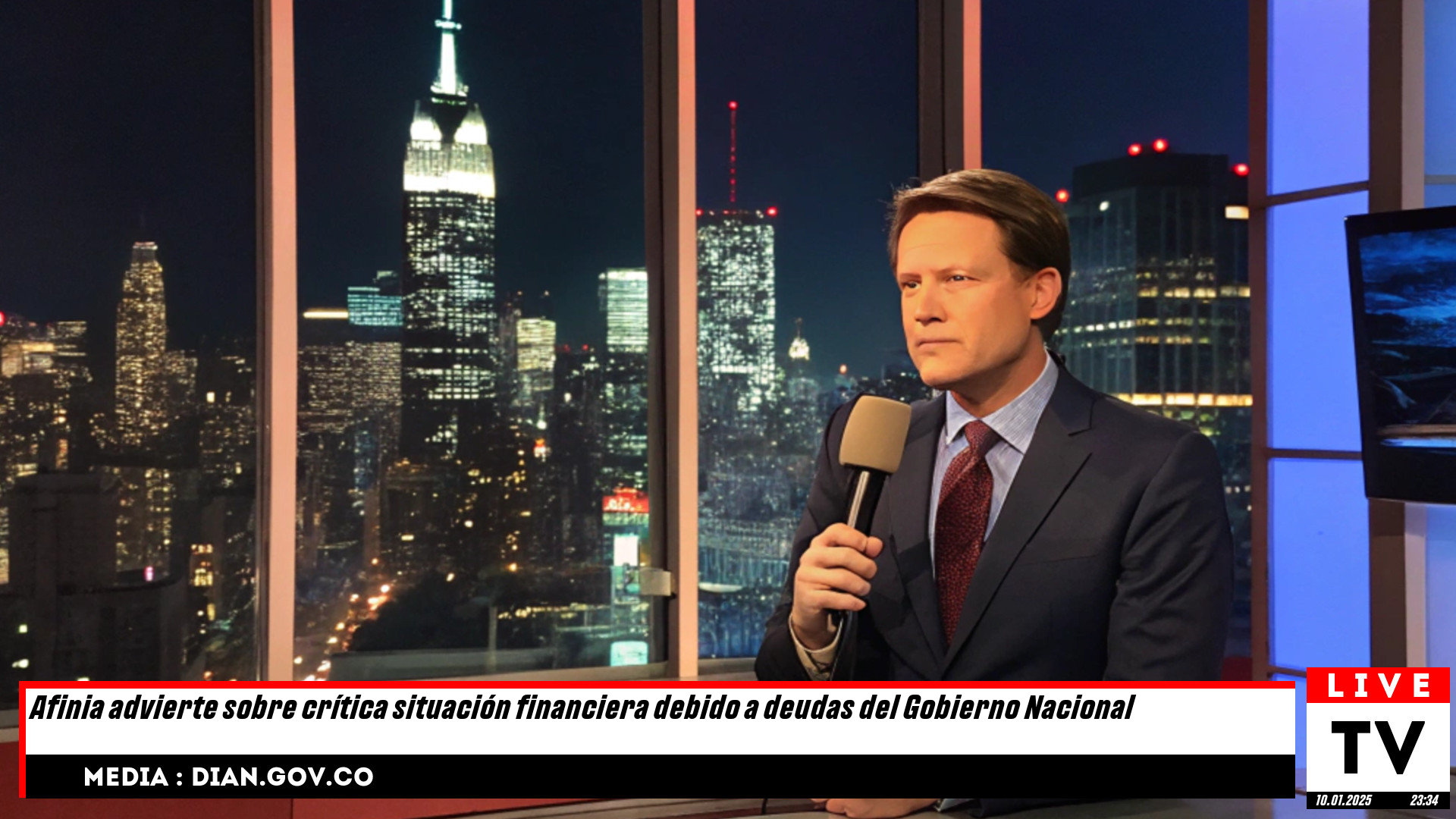
¡Alerta en Afinia! Crisis financiera por deudas del Gobierno Nacional pone en riesgo su operación.

"Sobrevive a ataque con machete en Cogua: 'Mi única preocupación eran mis hijos'"

Trágico accidente en Sucre: un hombre pierde la vida tras un camión aplastar un taxi
